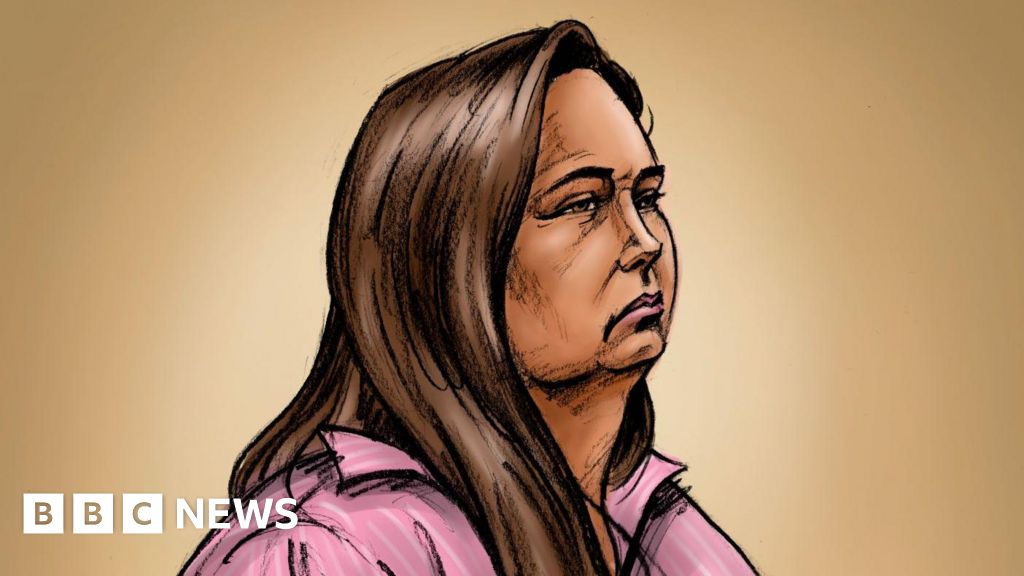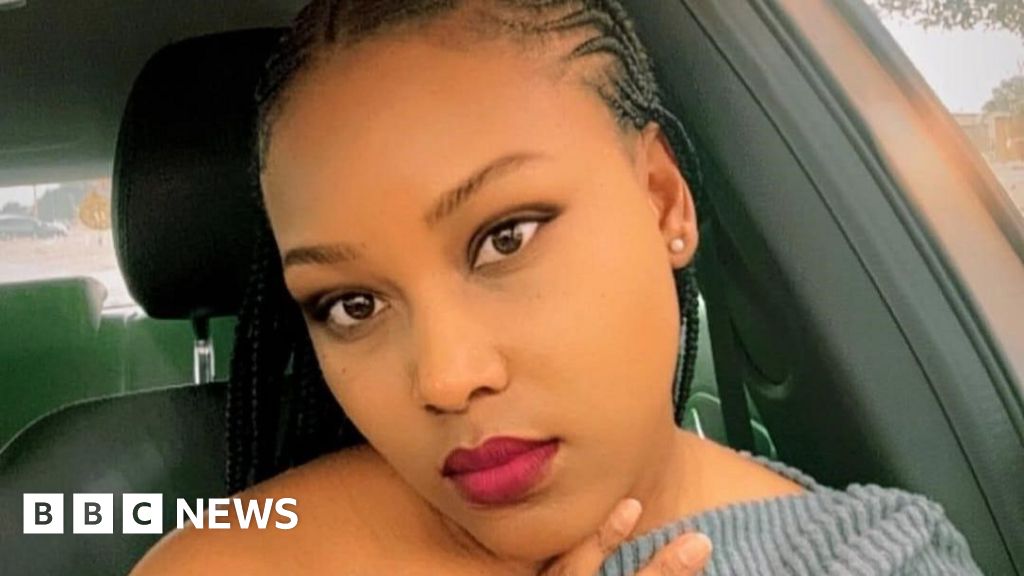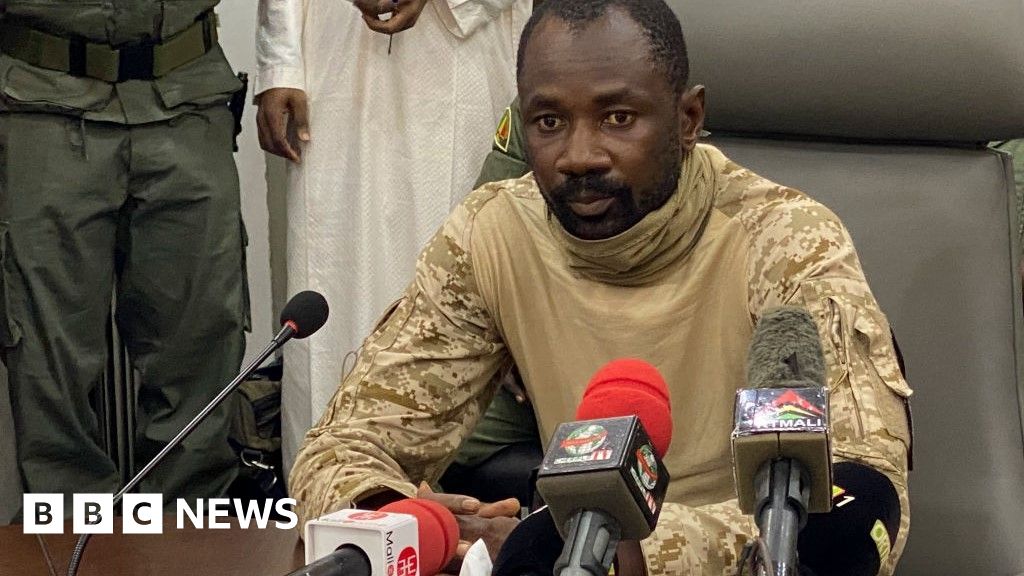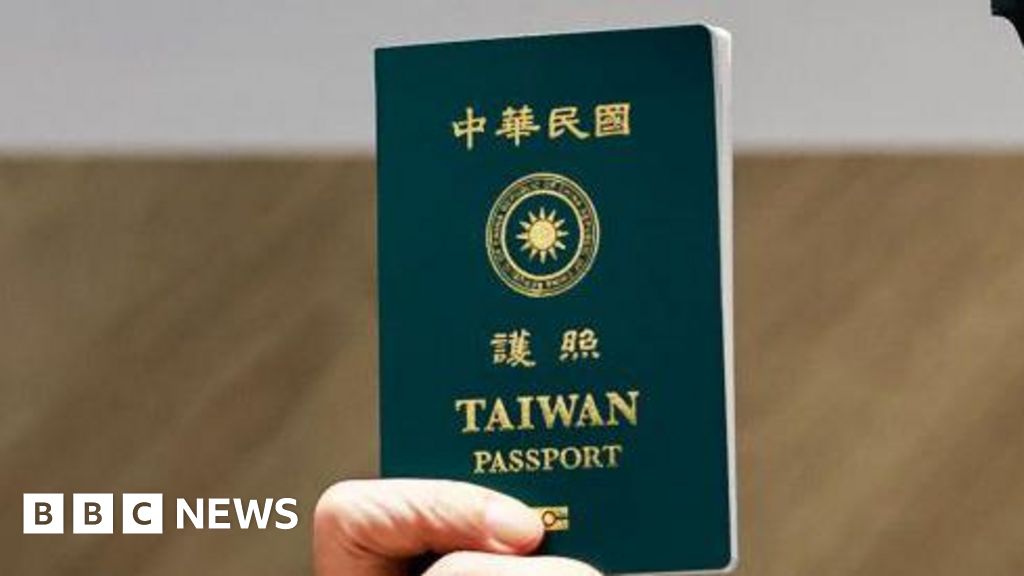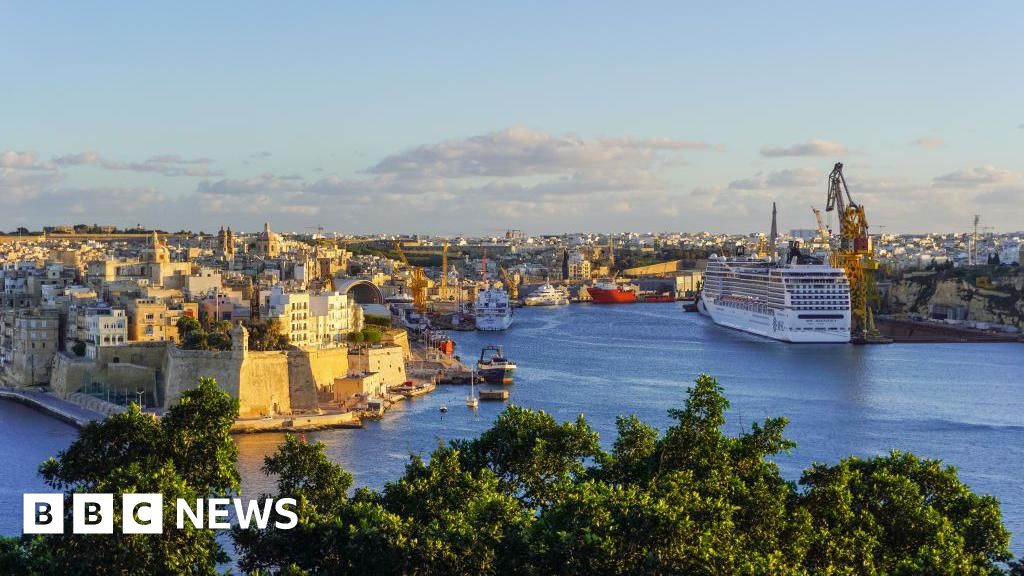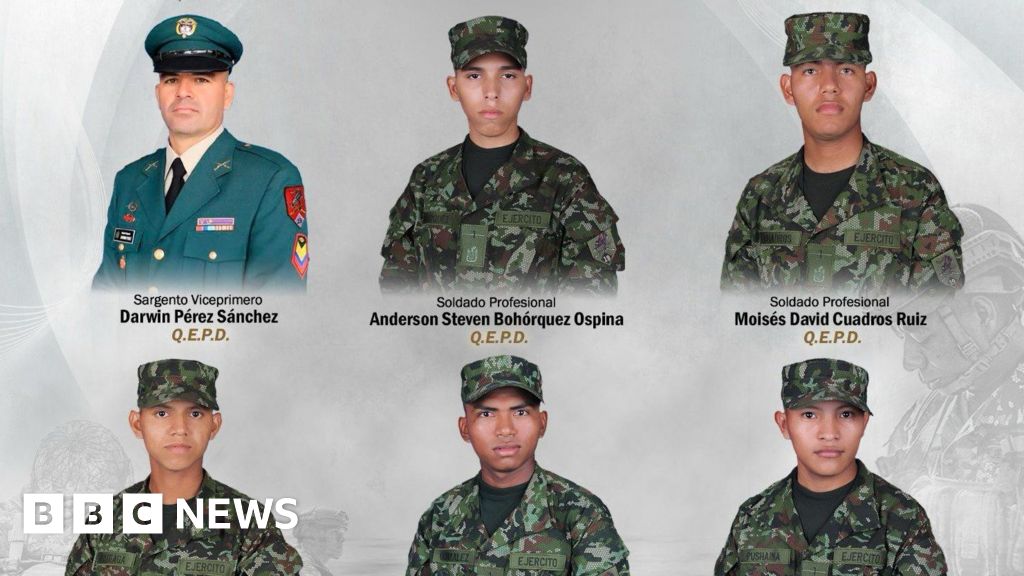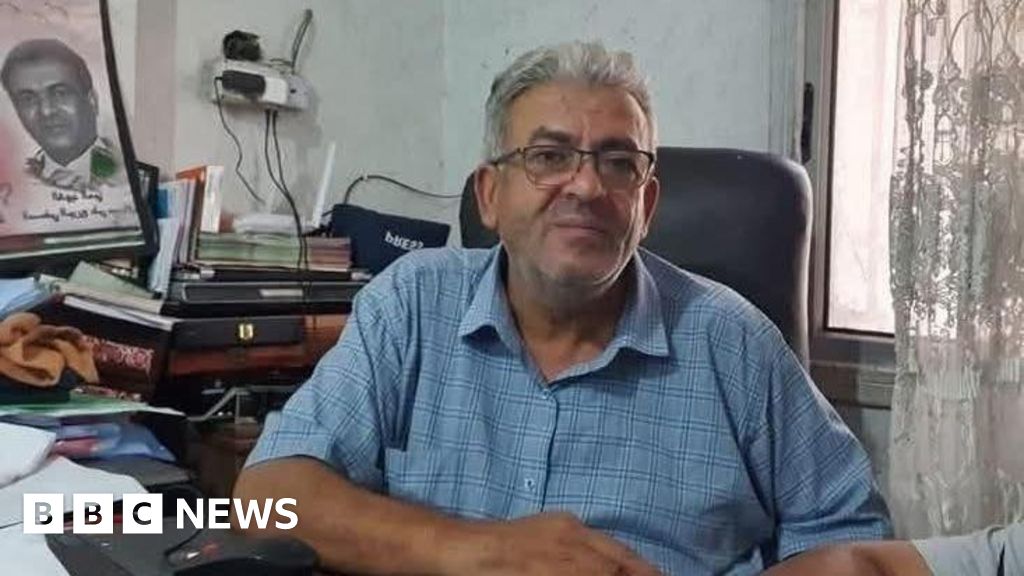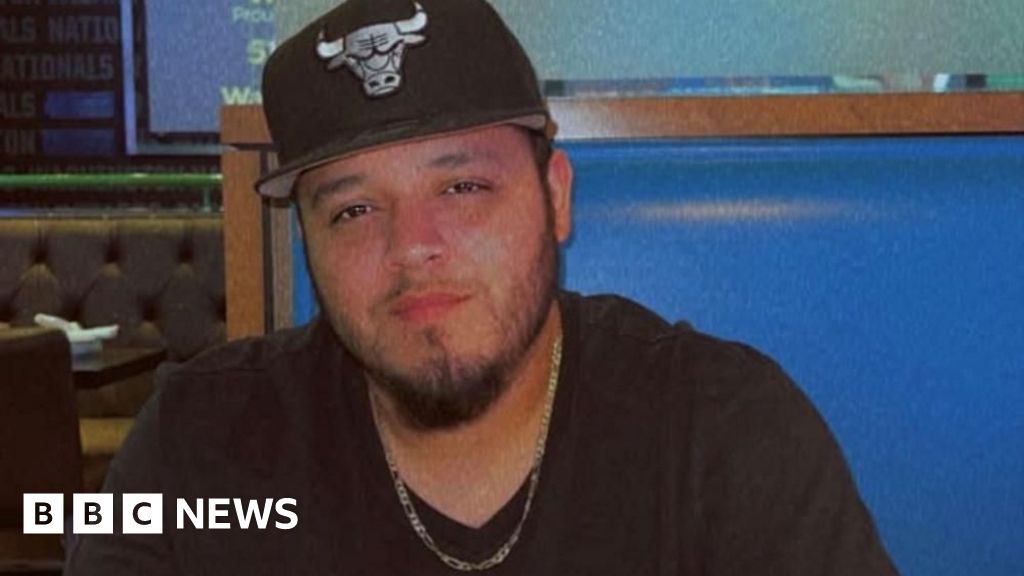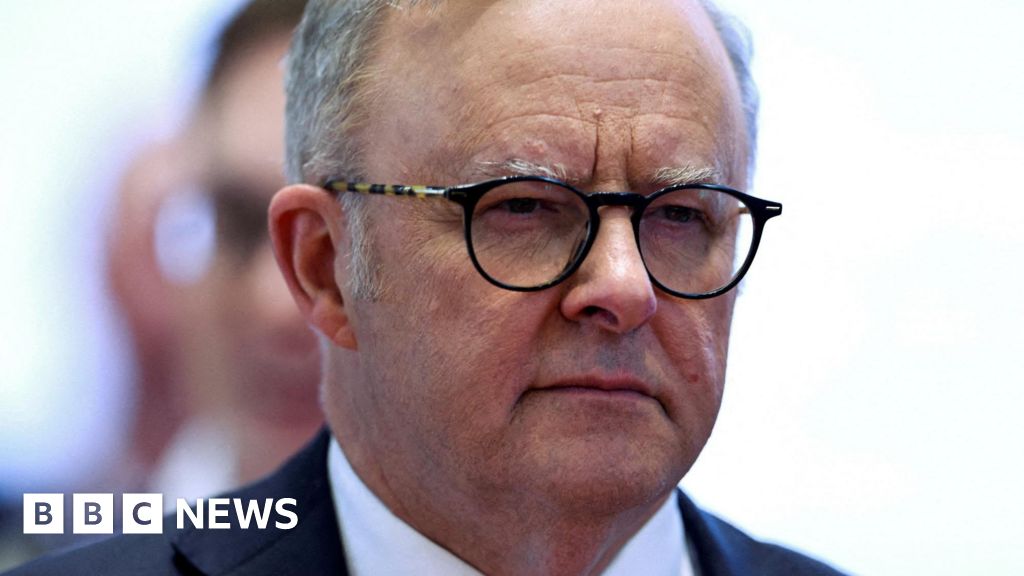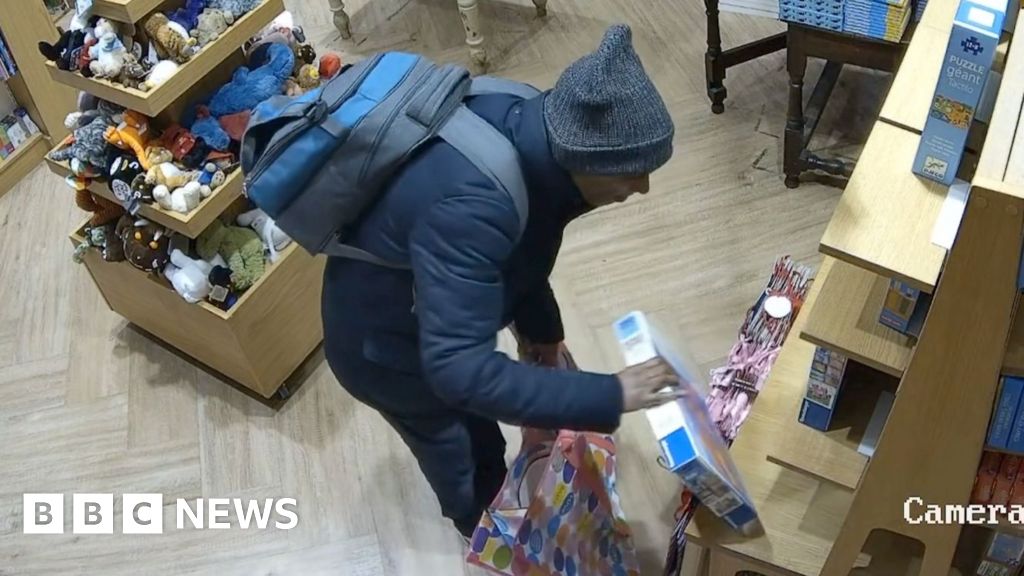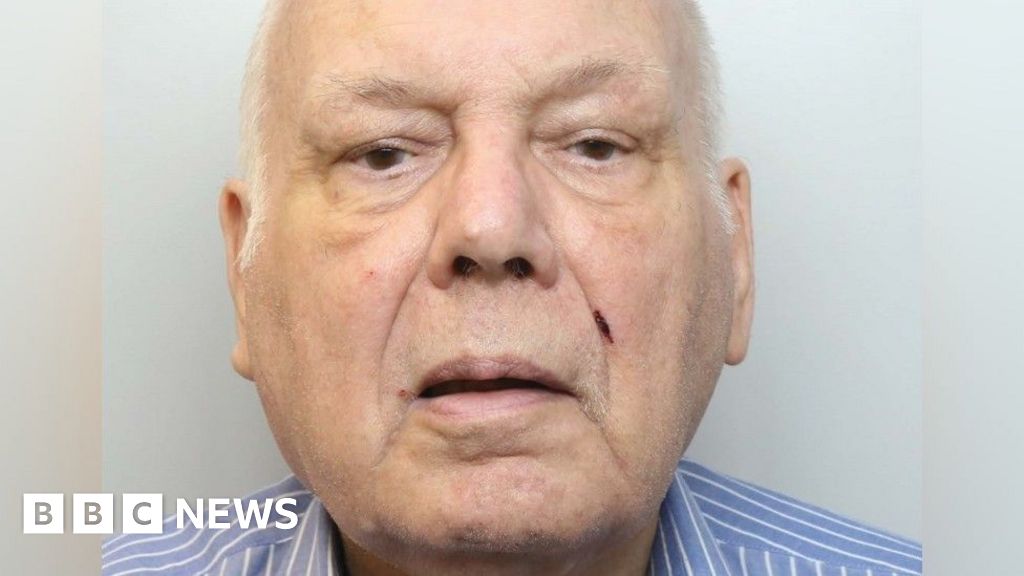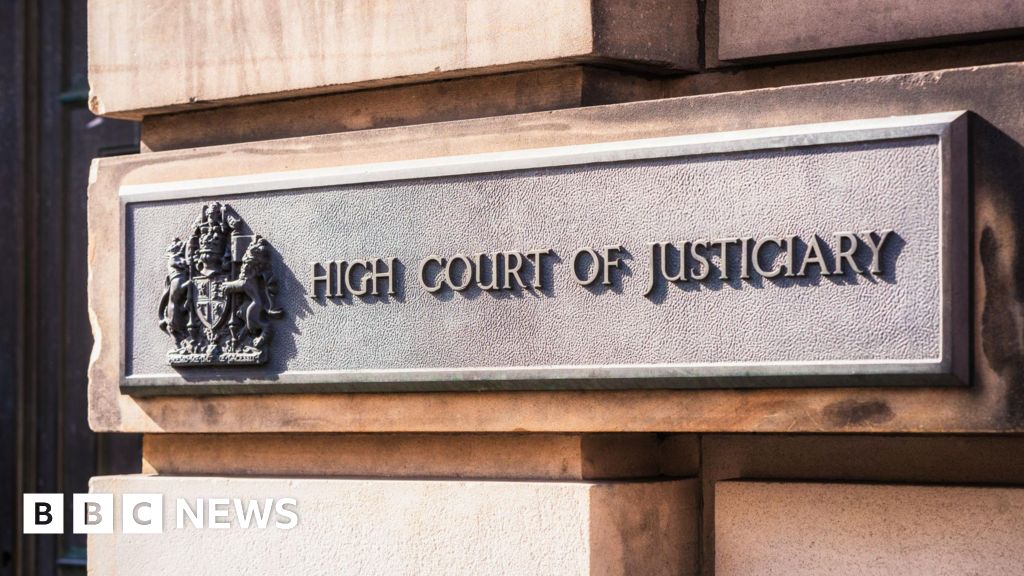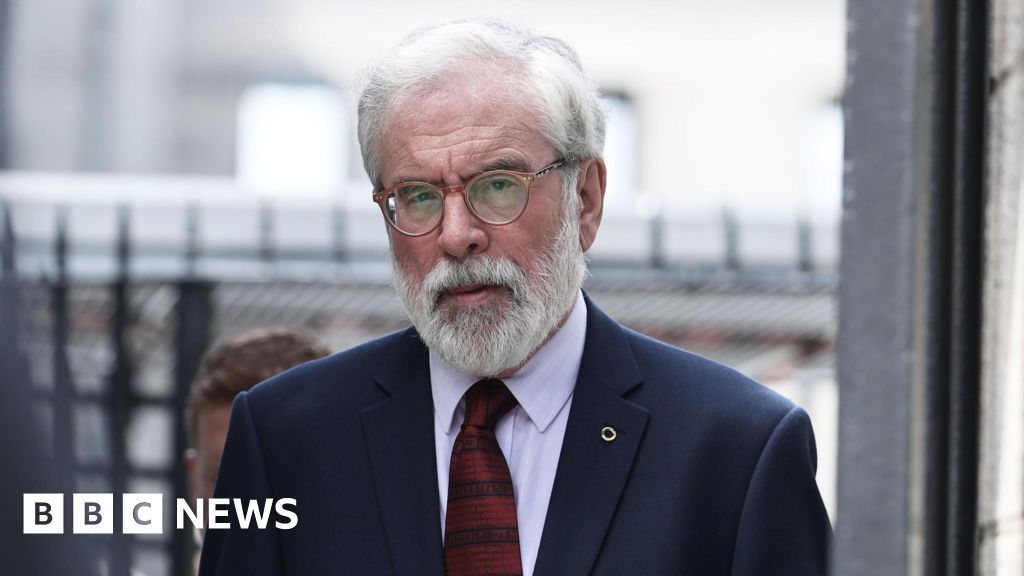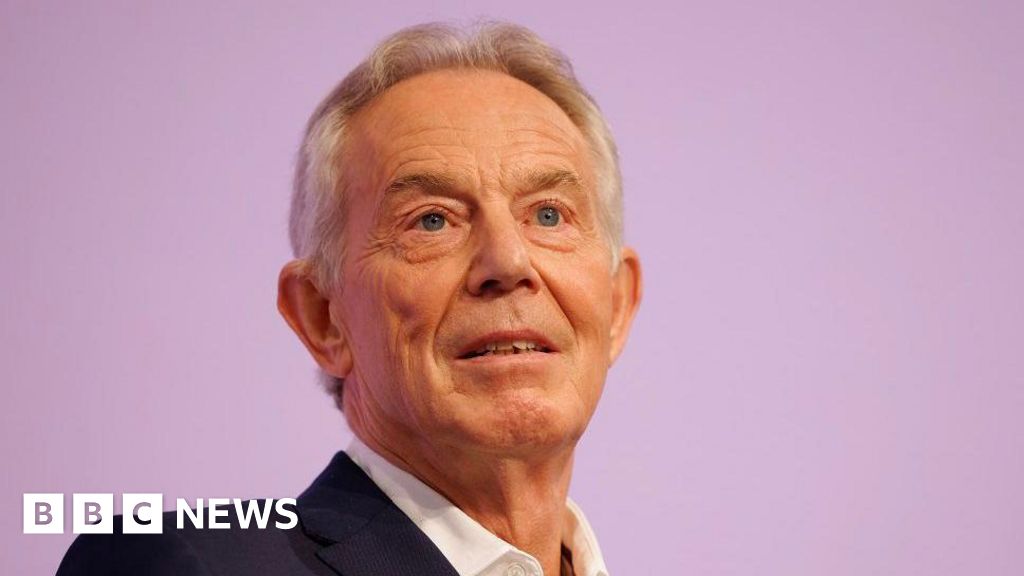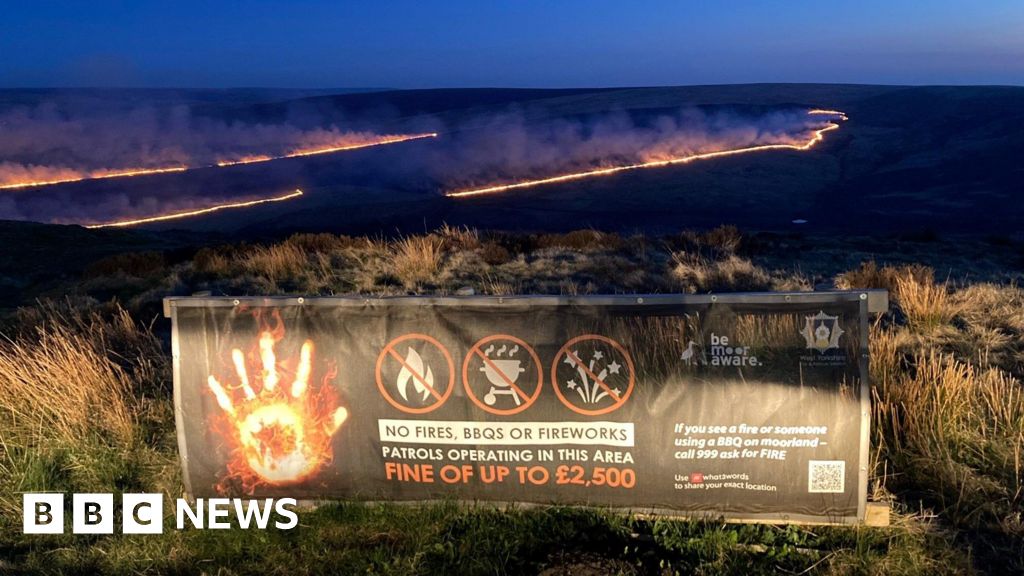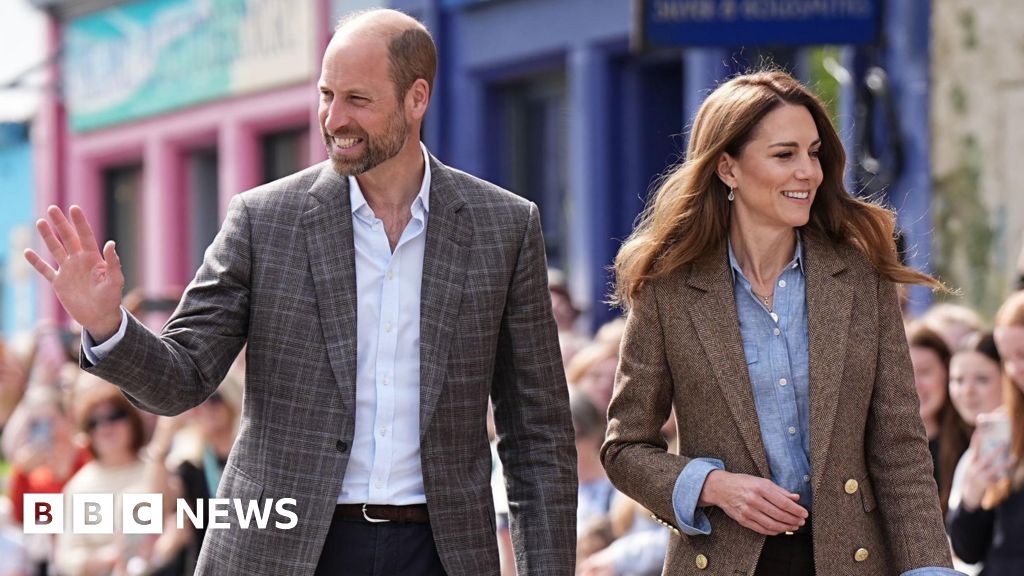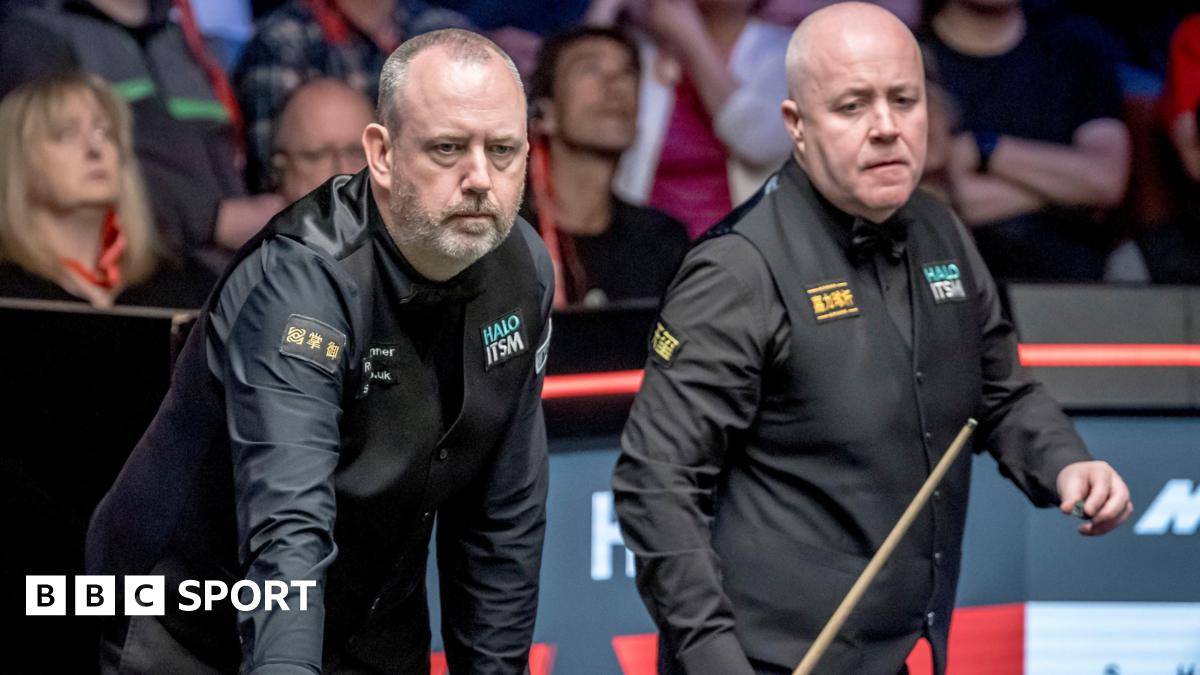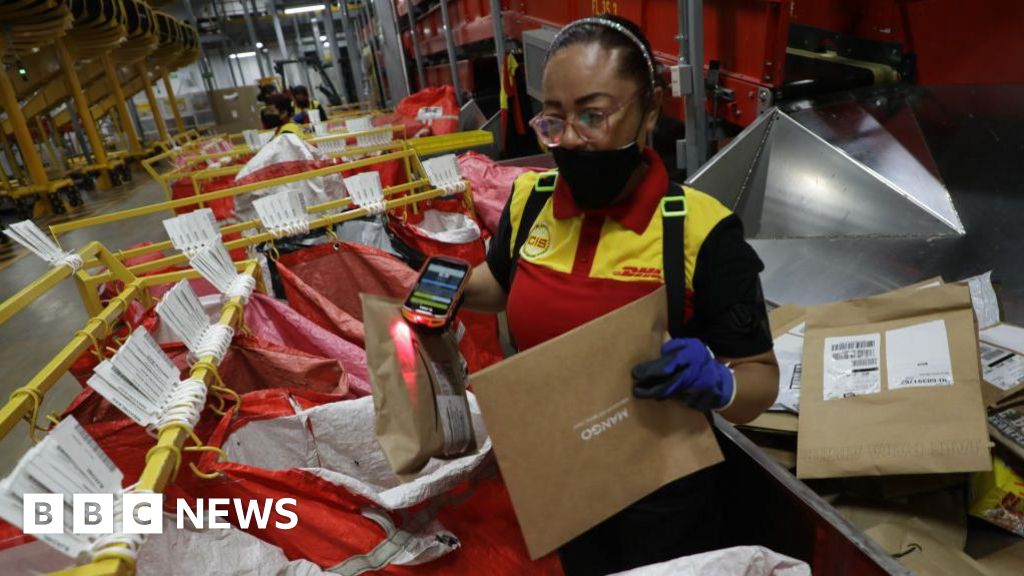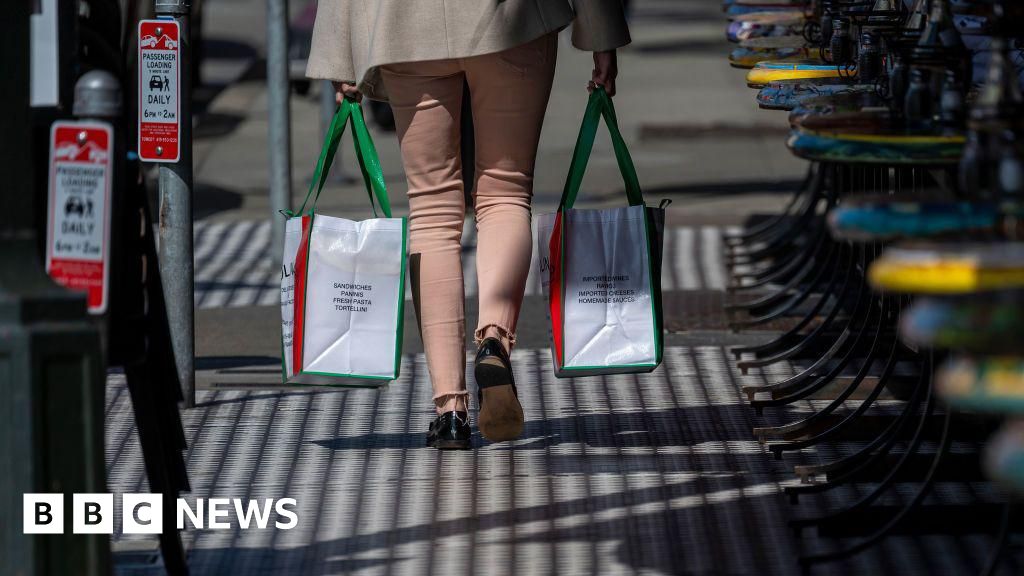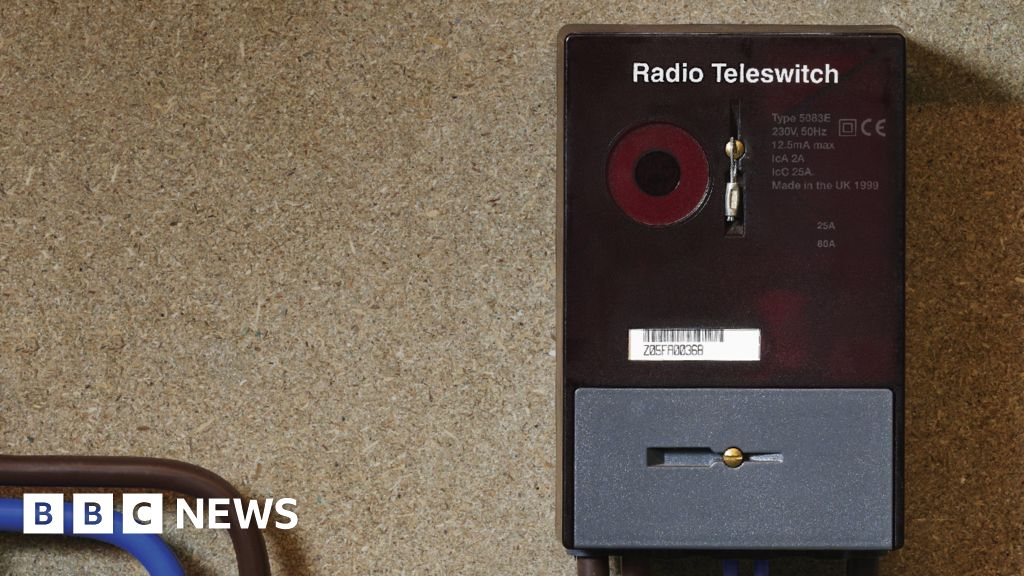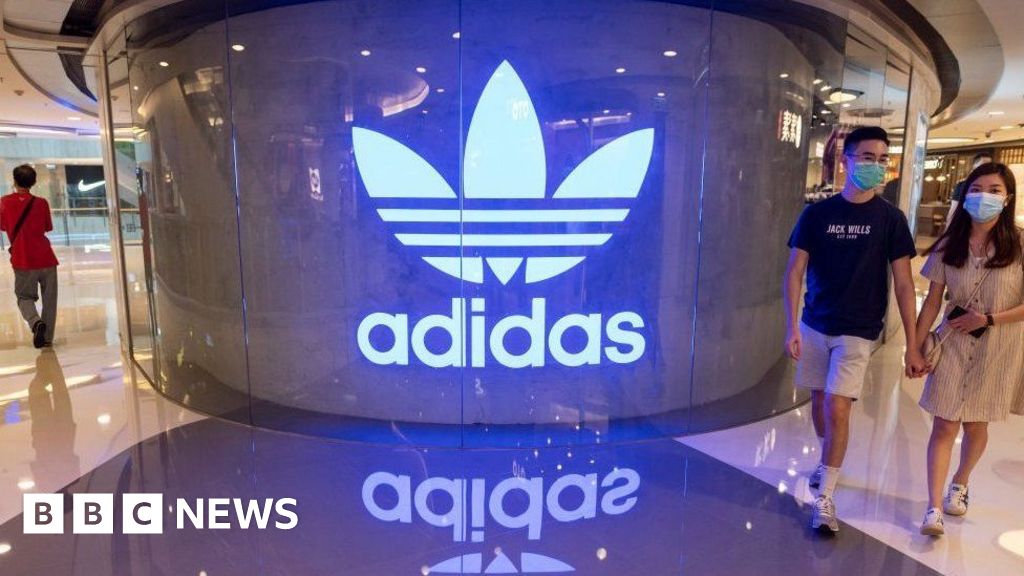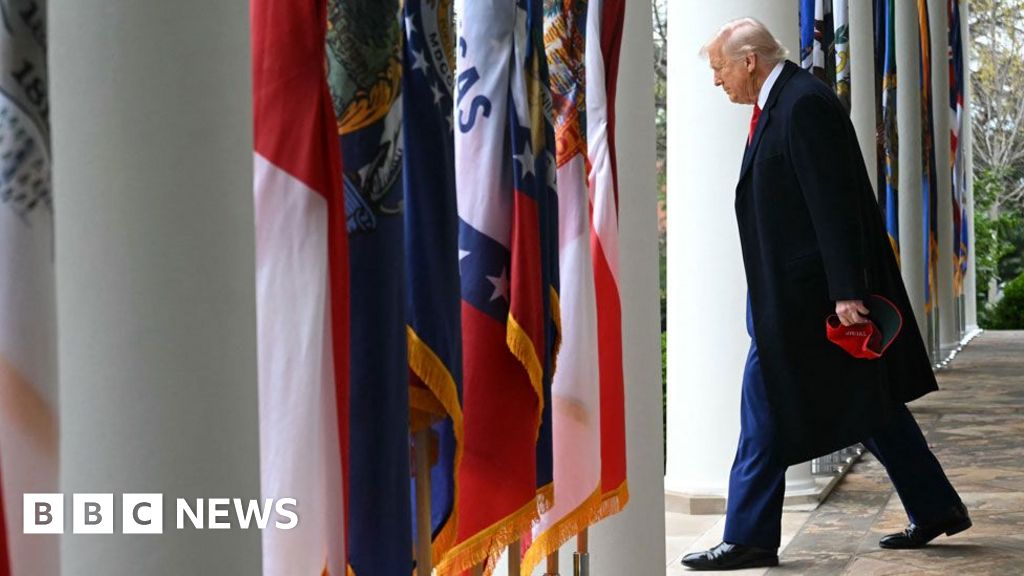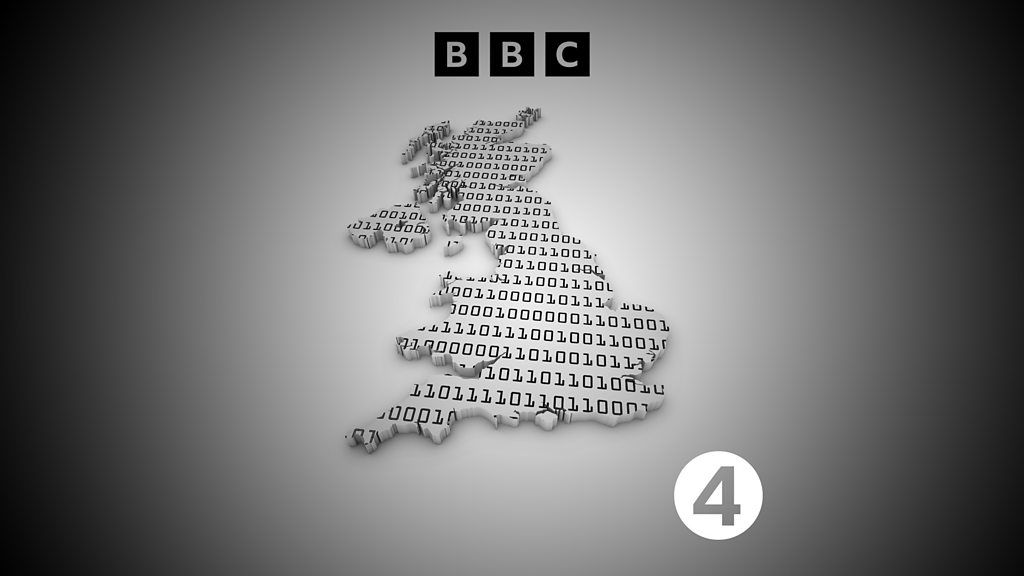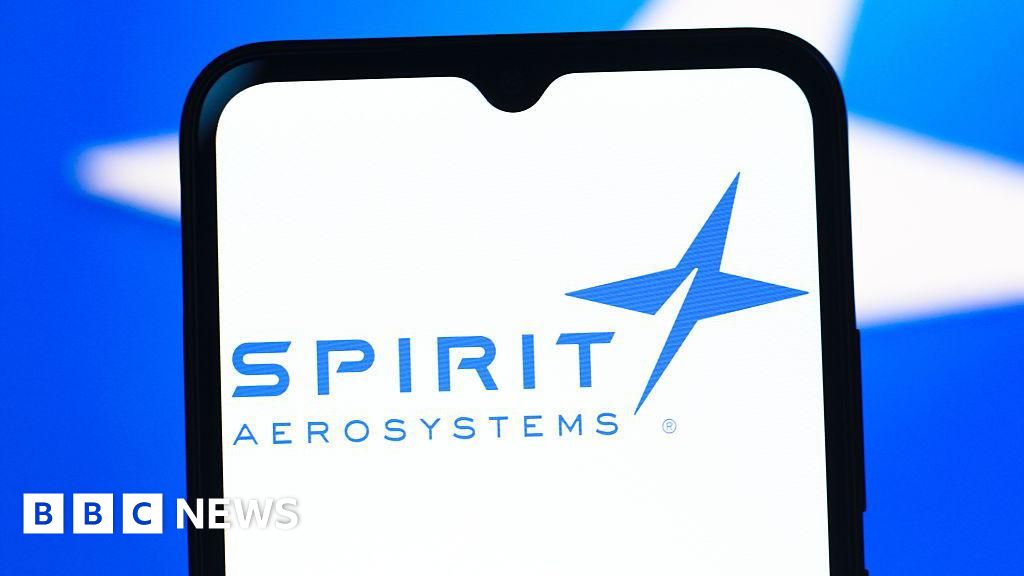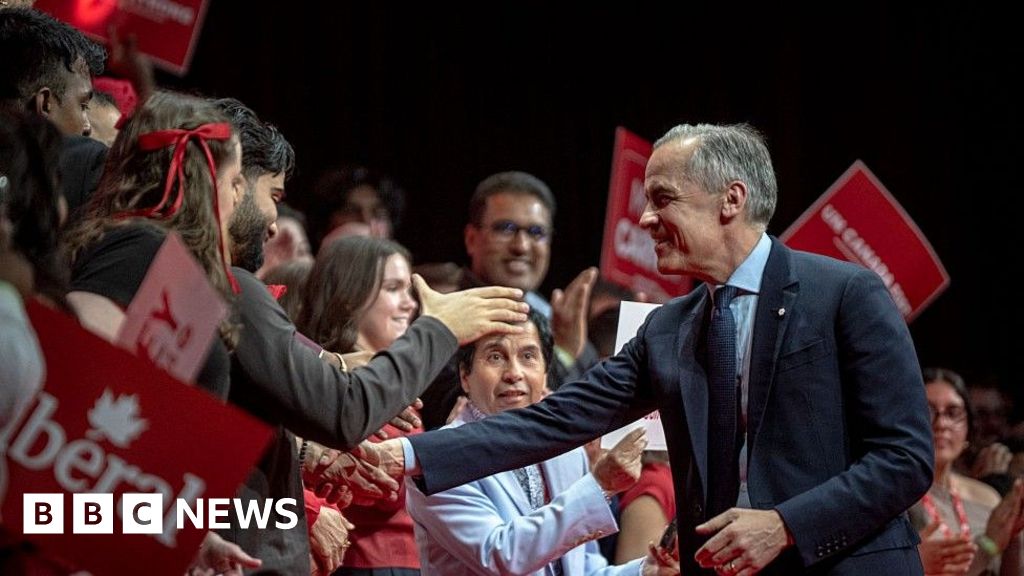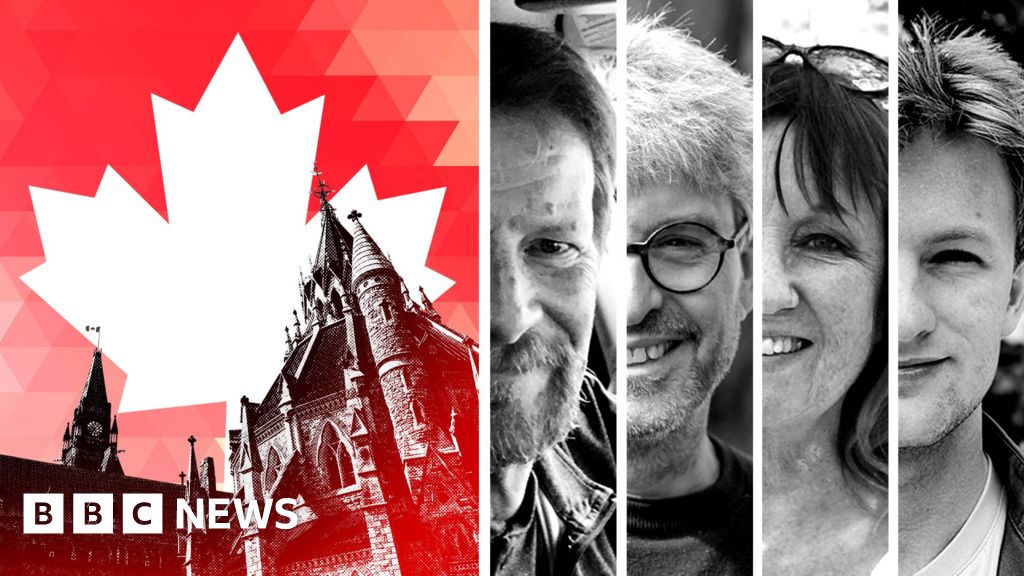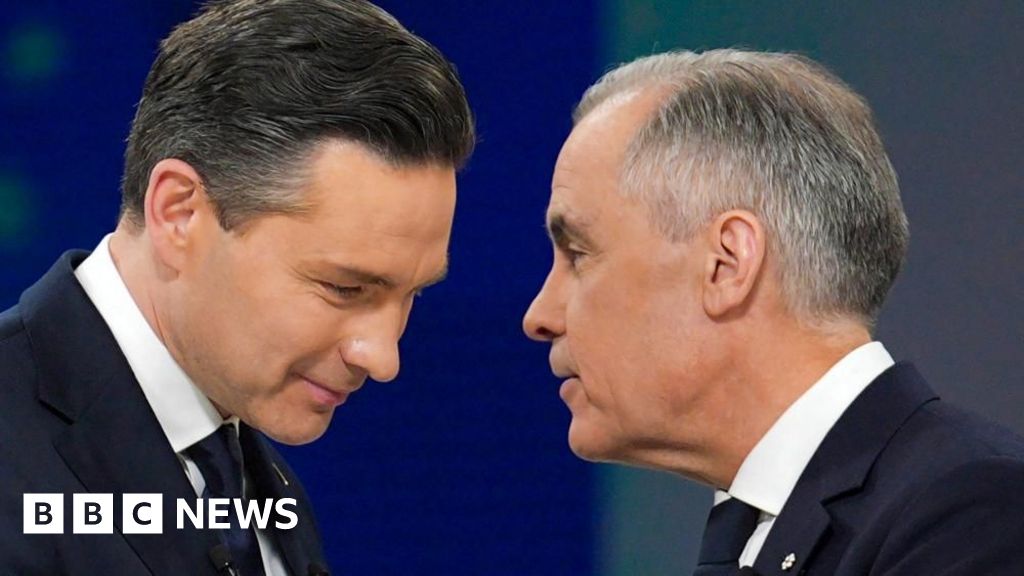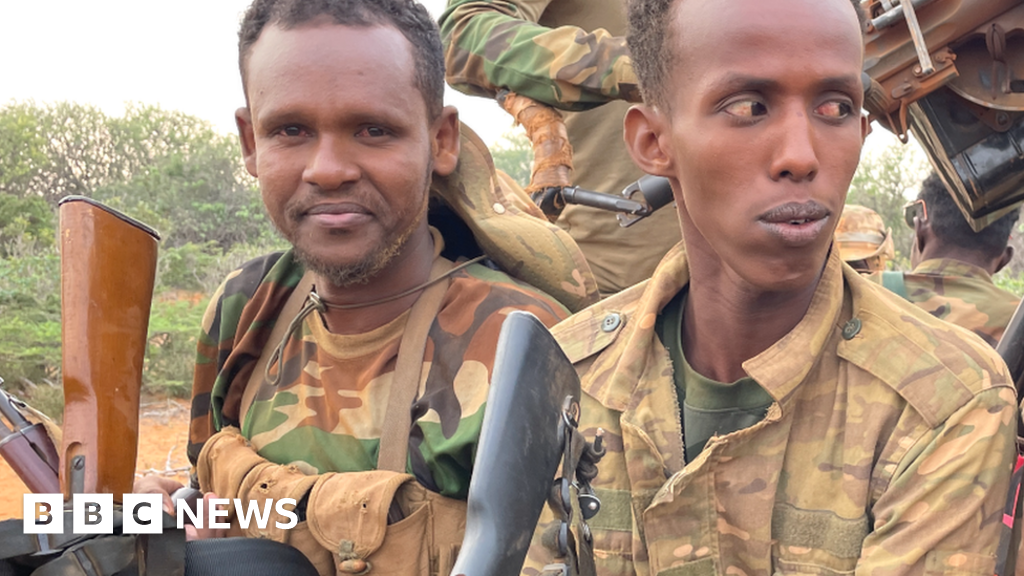US President Donald Trump has acknowledged he does have the ability to bring back a man who was mistakenly deported to El Salvador, but that he will not do so.
Kilmar Ábrego García was removed from the US in March. Judges all the way up to the US Supreme Court have ruled that this was done in error, and that Trump’s team should help “facilitate” his return.
Trump had previously denied having the power to bring Mr Ábrego García back to his home in Maryland. Pressed by an interviewer from ABC News on Tuesday, he conceded he “could” change the situation if he wanted to.
However, he argued that Mr Ábrego García had been rightfully deported.
Trump also said that a government lawyer who had previously made the admission that Mr Ábrego García had been deported in error “should not have said that”.
Mr Ábrego García was among more than 250 Venezuelans and Salvadorans deported under Trump to a mega-prison in El Salvador in March, as part of what the White House portrayed as a crackdown on foreign criminals. Mr Ábrego García was then moved to a different facility.
Salvadoran President Nayib Bukele has similarly said he will not send Mr Ábrego García back to the US.
In the ABC sit-down, broadcast on Tuesday, interviewer Terry Moran pointed out that Trump could change things with a simple phone call.
“I could,” responded the US president, before going on to say: “And if he were the gentleman that you say he is, I would do that.”
Trump insisted that the deportee was not “innocent”, but instead a member of the notorious Salvadoran gang MS-13. Mr Ábrego García has denied this.
In a testy exchange, Trump also restated his claim that Mr Ábrego García had MS-13 tattooed on his knuckles.
This appeared to be a reference to an image of Mr Ábrego García’s hand that has been digitally labelled, and promoted by the White House, to try to explain the meaning of several symbols inked on the man’s fingers.
Experts who previously spoke to BBC Verify have cast doubt on the claim that these tattoos mean what Trump and his team allege.
The M, S, 1 and 3 appear to have been added to the image previously displayed by Trump – as they do not appear on other images of Mr Abrego Garcia’s hands.
Challenged by ABC over whether his administration was complying with the Supreme Court’s order to facilitate Mr Ábrego García’s return, Trump pointed out that he had entered the US illegally in the first place.
Mr Abrego Garcia has acknowledged entering the US illegally from El Salvador in 2012, according to court documents. But he was granted an order in 2019 that prevented the US government from sending him back.
Trump also referred to an allegation of physical abuse made against Mr Ábrego García by his wife. Howver, earlier this month, Mr Ábrego García’s wife said she had not followed a court process against her husband, and appealed for him to be brought home.
Tariffs and ‘Signalgate’
The interview marked 100 days of his second term in the White House, which was also celebrated by Trump in a major speech in Michigan on Tuesday night.
Speaking to ABC, Trump defended his broader stance towards immigration and stood by his plan for wide-ranging trade tariffs which have caused turbulence in the global financial markets.
He insisted his plan for taxes on imports of goods to the US would yield “great times” rather than hard times, while saying he had braced Americans for a “transition period”.
He also stressed that he had faith in his defence secretary, Pete Hegseth, after reports detailing Hegseth’s use of group chats on the Signal app to discuss sensitive military operations. He stopped short, however, of saying it was absolute.
Asked if he had 100% confidence in his official, he said: “I don’t have 100% confidence in anything.” He went on to call it a “stupid question”.


